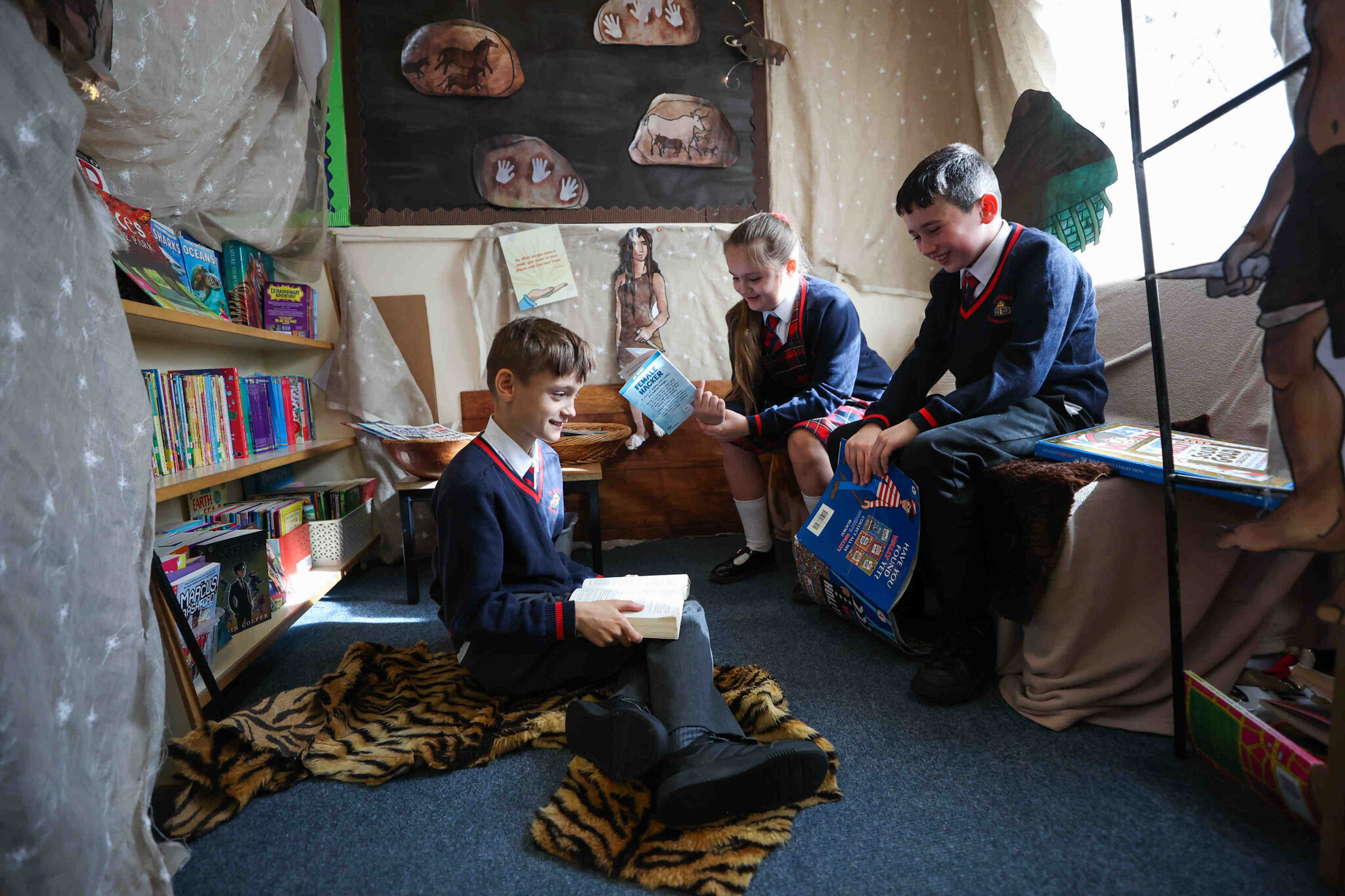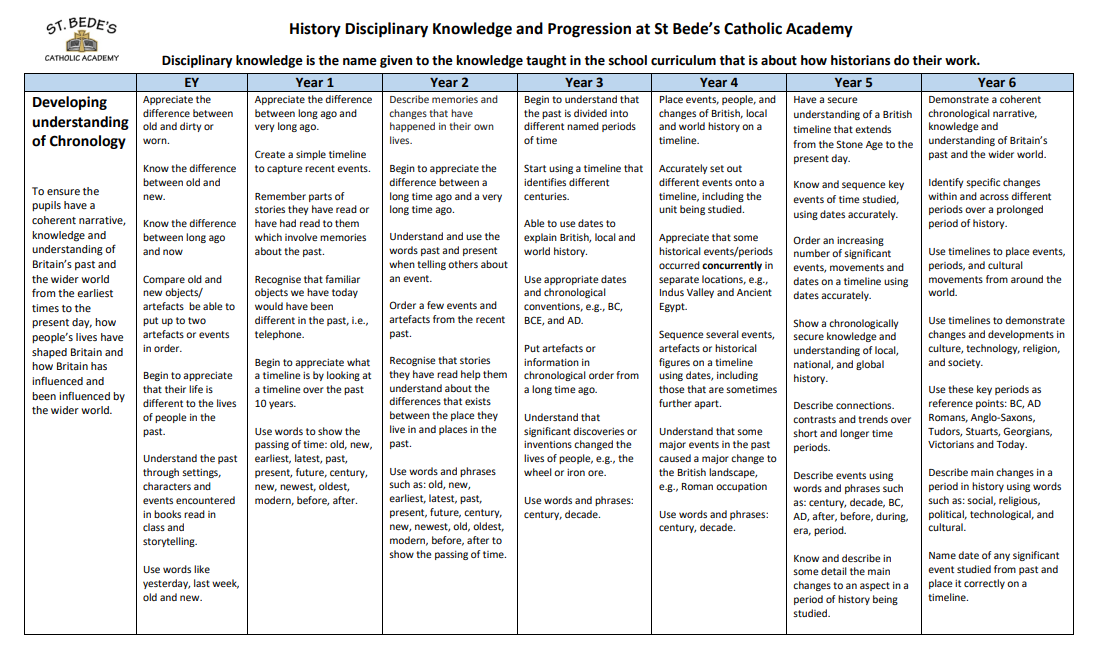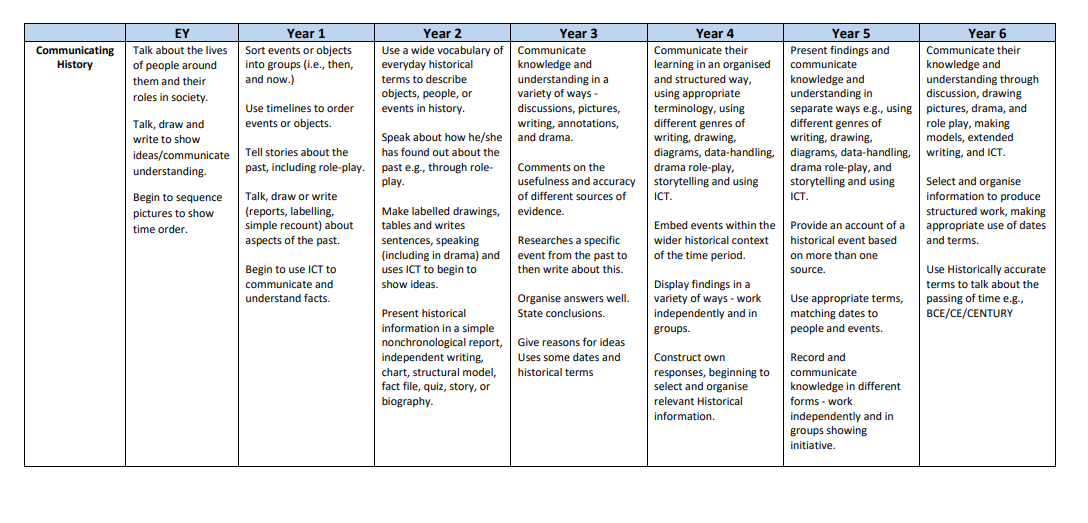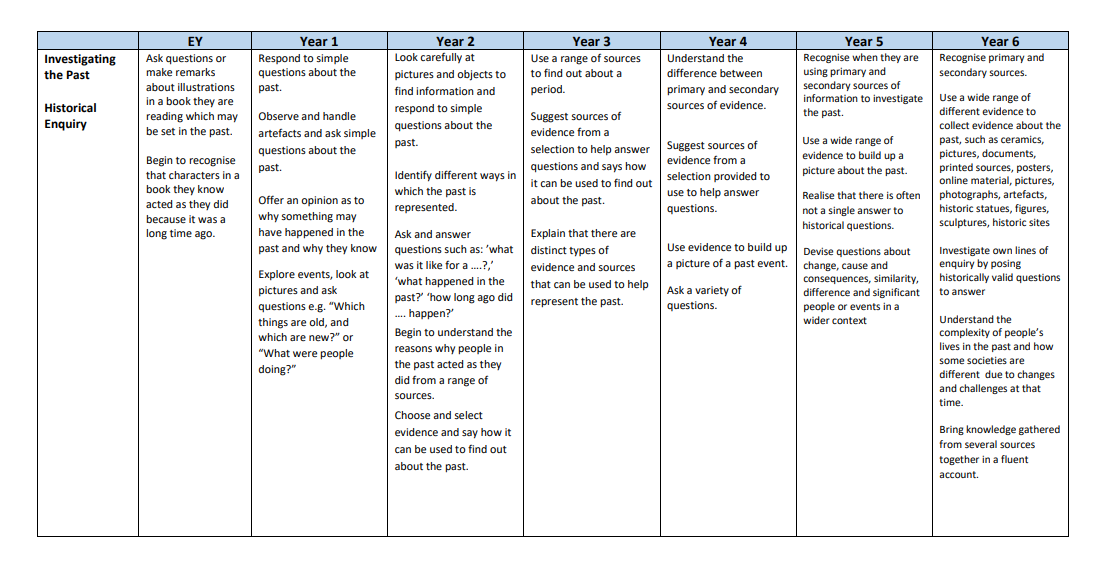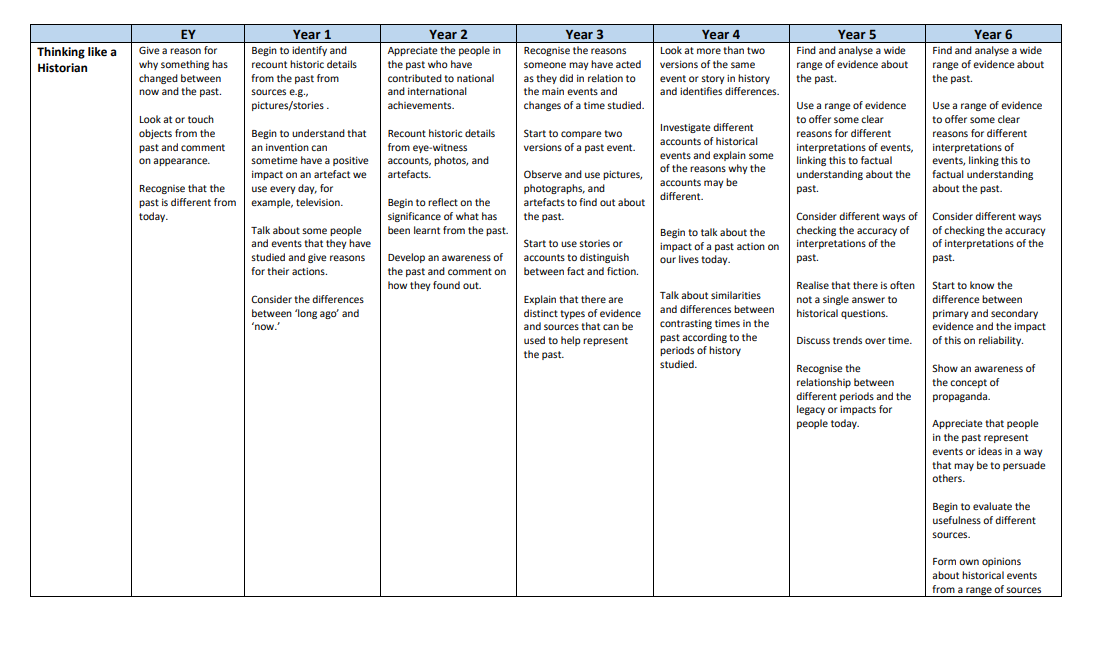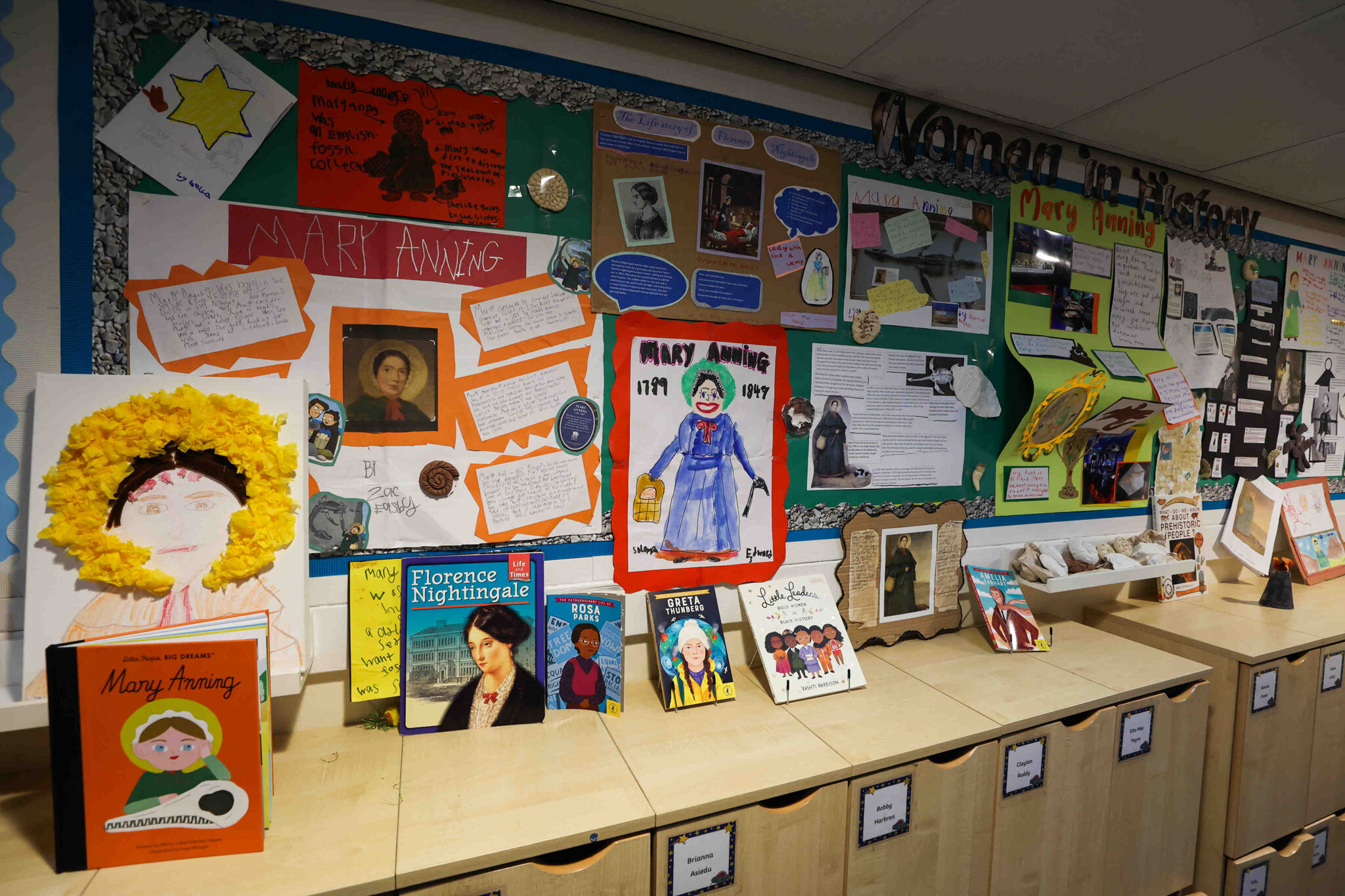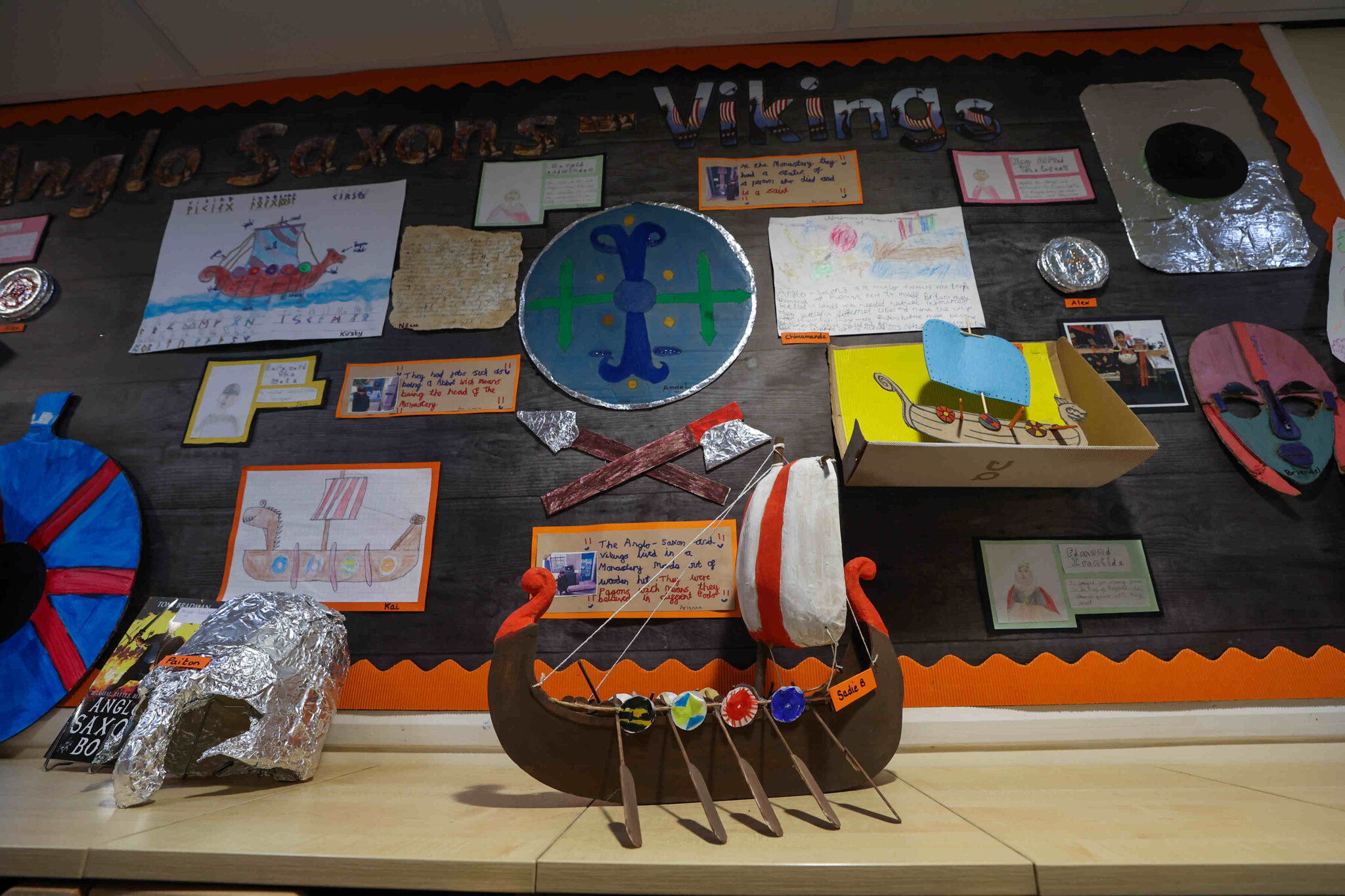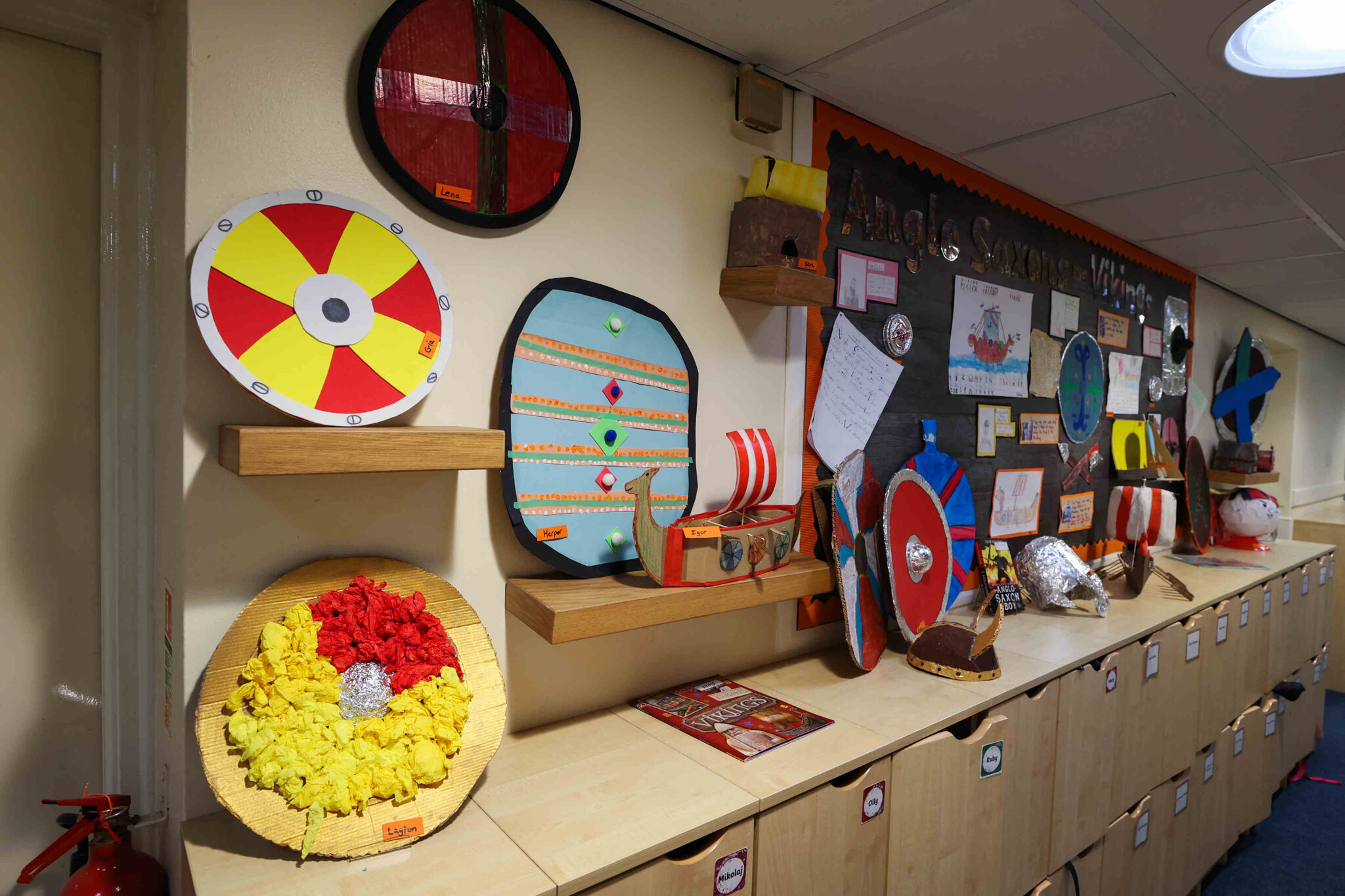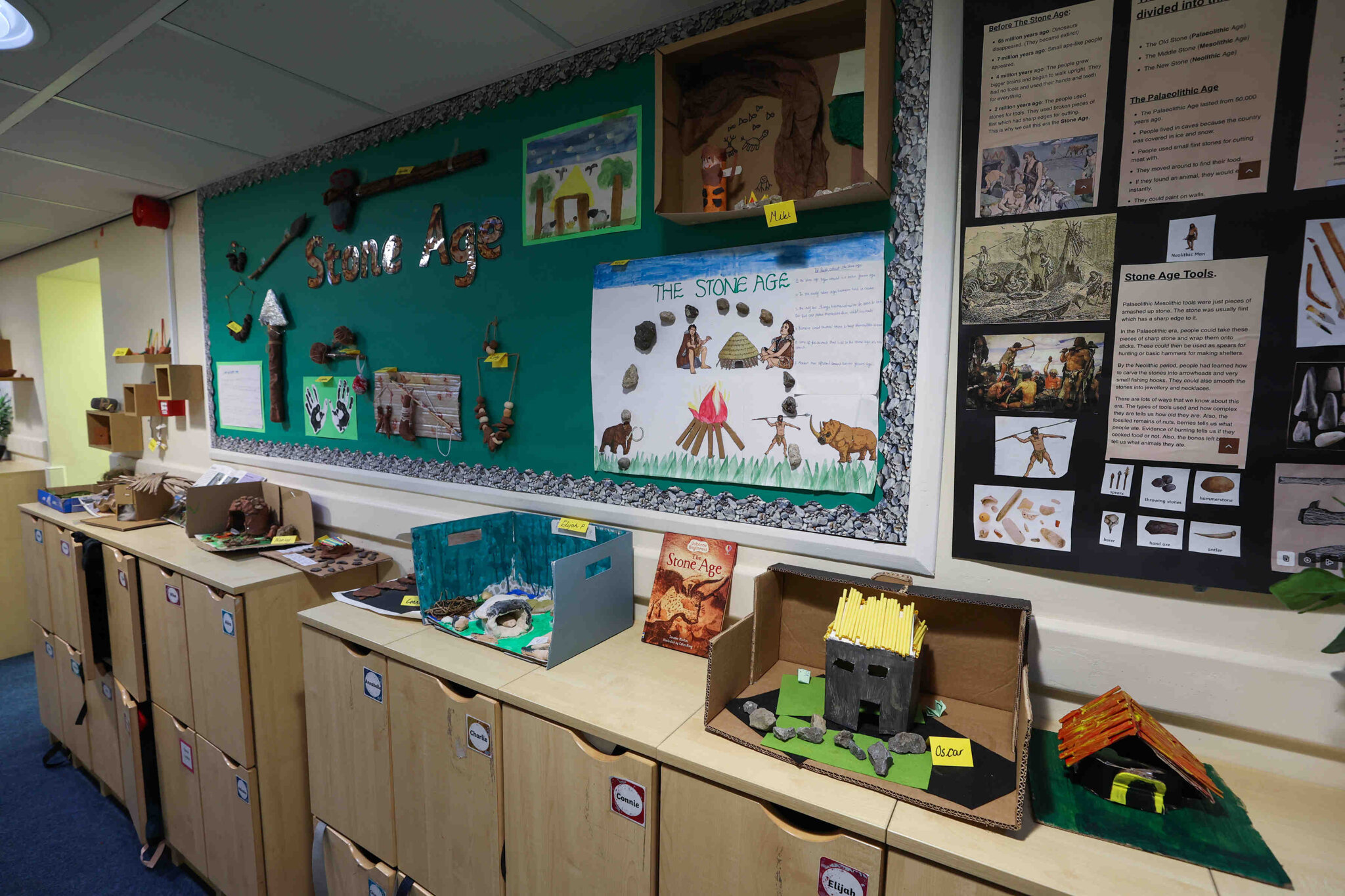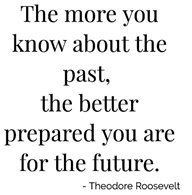
Curriculum Intent
History is all around us; in our families with their unique backgrounds, cultures and traditions and in our local and wider communities. Our intent, when teaching history, is to stimulate pupil’s curiosity about the past, and to develop their knowledge, skills and understanding of why people interpret the past in different ways.
We aim to offer a high-quality history education that will help pupils develop a passion for learning and gain a coherent knowledge and understanding of Britain’s and Teesside’s past and that of the wider world. The topics studies will draw upon prior learning and help the children to acquire a solid and deep understanding of key historical concepts.
Implementation
As a school within Bishop Hogarth Catholic Education Trust, we teach a scheme of work designed by a transition team of our primary school staff working with subject specialists from our secondary schools. This means our curriculum has been designed to ensure clear progression, in the acquisition of knowledge and for key skills, building on pupil’s prior learning. We teach termly, discreet topics for all pupils from Year 1 to Year 6.
The curriculum units of work have clearly identified minimum knowledge ‘end points,’ and have been sequenced to ensure that pupils know more and remember more as they move through primary school and transfer into KS3.
Our curriculum covers the National Curriculum and is underpinned by the building blocks of History (Threshold Concepts) which are emphasised and reinforced in the history curriculum across our schools from KS1 to KS5.
- Developing chronological understanding
- Communicating History
- Investigating the Past
- Thinking like a Historian
Each unit of work has a clear rationale, key topic vocabulary, builds on pupil’s prior learning and defines the minimum knowledge and skills (end points) that pupils will learn. Assessment strands in topics give pupils the opportunity to demonstrate their learning and the knowledge companions that we call ‘Learn it! Link It!’ help pupils to remember the key elements of the topic. This helps pupil organise their learning into relevant areas and make links to other areas and subjects. Conceptual (Golden) threads of History are woven through our curriculum to ensure consistency, add focus and promote purposeful learning.
Topics and units lay out sequential components of learning which equates to 8-10 hours of teaching.
Key Stage 1
Pupils are taught about
- Changes within living memory: Toys through Time.
- Events beyond living memory that have a national significance: Gunpowder Plot, Great Fire of London
- The lives of significant individuals in the past who have contributed to national and international achievements: Women in History, Explorers
- Some topics compare aspects of life in different periods: Women in History, Comparing Queens, Explorers
- Significant historical events, people and places in their own locality.
Key Stage 2
All pupils are taught about:
- Ancient Greece – a study of Greek life and achievements and their influence on the western world
- Ancient Egypt- the achievements of the earliest civilizations
- Changes in Britain from the Stone Age to the Iron Age
- The Roman Empire and its impact on Britain
- Britain’s settlement by Anglo-Saxons and Scots
- The Viking and Anglo-Saxon struggle for the Kingdom of England to the time of Edward the Confessor
- A non-European society that provides contrasts with British history –early Islamic civilization, Mayan civilization
- The study of an aspect or theme in British history that extends pupils’ chronological knowledge beyond 1066*
For the aspect or theme of British History, we have selected to teach pupil about:
- Henry VIII and the Reformation
- The Changing Power of the Monarchy; from absolute rule to constitutional rule
- Conflict through Time
- Crime and Punishment
- Victorian Britain and the Industrial Revolution, including the development of the railways.
Local Context of School
To address the local context, our scheme includes: the development of the railways from Stockton to Darlington, and Captain Cook as a key explorer.
Our curriculum includes opportunities to make links to local history where we can. Teesside was the “Infant Hercules “and past is embedded in the industrial revolution. Our industrial past has helped shaped the economies and infrastructure of many parts of the world.
Curriculum Sequence
Each year group covers history each term.
Each topic includes a knowledge retention/recap element so that we build on prior learning.
Pupils take an assessed task in each unit which draws on their learning and vocabulary.
Impact
When pupils leave our school, pupil will know more, remember more and understand more about History. They will have developed a secure knowledge and understanding of people, events and contexts from the historical periods covered and developed the ability to think and write like a historian. The will have a knowledge of the history of the place in which they live
Their History books evidence a broad and balanced history curriculum and demonstrate the pupil’s acquisition of key knowledge and topic, ‘end points’. The majority of pupils will achieve age related expectations in History and clear progress will be evident in their topic work and in topic assessed tasks. From this, they will have the firm foundations in History and are well placed to make good progress at Key Stage 3.
Progression of Skills and Knowledge in History.
St Bede's Creative History Projects
